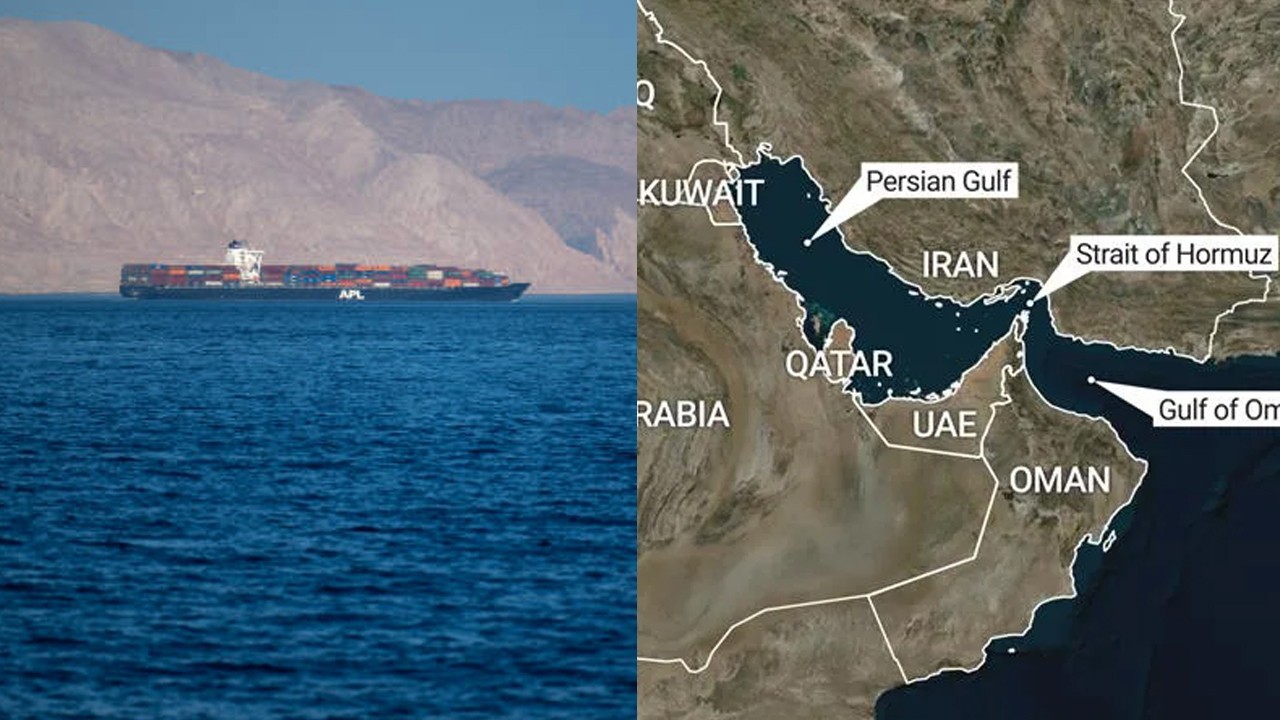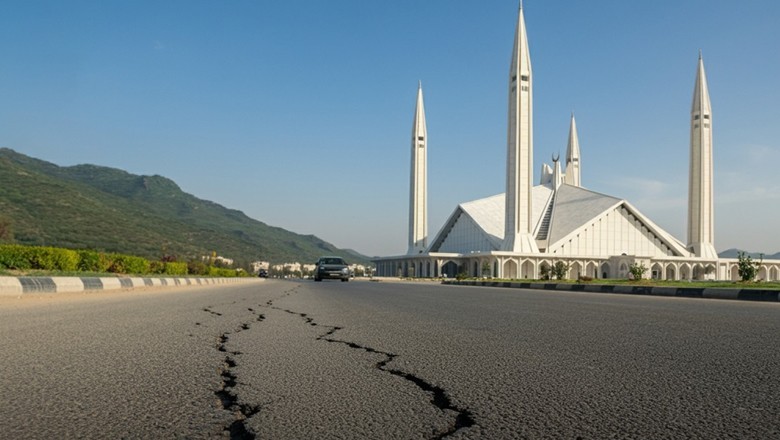What could the closure of the Strait of Hormuz mean for the world?

Web Desk
|
22 Jun 2025
In a dramatic escalation of the ongoing Middle East conflict, the United States has bombed three of Iran’s key nuclear facilities.
Tehran has responded by vowing to exercise "all available options" to defend its sovereignty—fueling fears that Iran may retaliate by targeting one of the world’s most critical maritime chokepoints: the Strait of Hormuz.
Responsible for about a quarter of global seaborne oil shipments, any disruption to this strategic waterway would reverberate throughout global energy markets, impacting everything from fuel prices to geopolitical alignments.
1. Oil Prices Set to Surge
Closure or even partial disruption of the Strait of Hormuz would trigger immediate spikes in global crude oil prices. Financial markets typically react sharply to instability in this region.
Asian economies—including China, Japan, India, and South Korea—would be especially vulnerable, as they rely heavily on Gulf oil.
2. Global Economic Shockwaves
A prolonged closure would severely disrupt global trade, increase inflationary pressures, and place added financial strain on industries dependent on petroleum.
Aviation, shipping, and manufacturing sectors worldwide would face surging costs, potentially dragging down global economic growth forecasts.
3. Limited Alternatives for Energy Transport
While Saudi Arabia and the UAE maintain pipelines bypassing the Strait, their combined capacity cannot fully offset a total blockade.
Read more: Iranian FM Abbas Araghchi to hold high-level talks with President Putin in Moscow
Strategic reserves in Western nations could cushion the blow temporarily, but they would not provide a sustainable long-term solution.
4. Geopolitical Consequences
Beyond economic fallout, closing the Strait could trigger a major international crisis.
Iran would likely receive diplomatic backing from Russia and China, while the U.S., European allies, and Gulf states would respond with both diplomatic and military pressure to restore navigational freedom.
The risk of escalation into a broader regional war would rise substantially.
5. Who Depends Most on Hormuz?
Saudi Arabia: Can divert some crude via a pipeline to the Red Sea, avoiding Hormuz, but still depends significantly on the strait for exports to Asia.
United Arab Emirates (UAE): Exports about 1.5 million barrels per day via a pipeline to Fujairah on the Gulf of Oman.
Iraq: Particularly vulnerable, with almost all of its exports flowing through Basra and the Strait of Hormuz.
Kuwait, Qatar, Bahrain: Entirely dependent on the Strait for oil exports.
Asia: The overwhelming majority of oil transiting Hormuz is bound for Asian markets, making the region a key stakeholder in ensuring the waterway’s security.
With the Middle East on a knife-edge, the potential closure of the Strait of Hormuz represents one of the gravest risks to global energy security in recent history.












Comments
0 comment